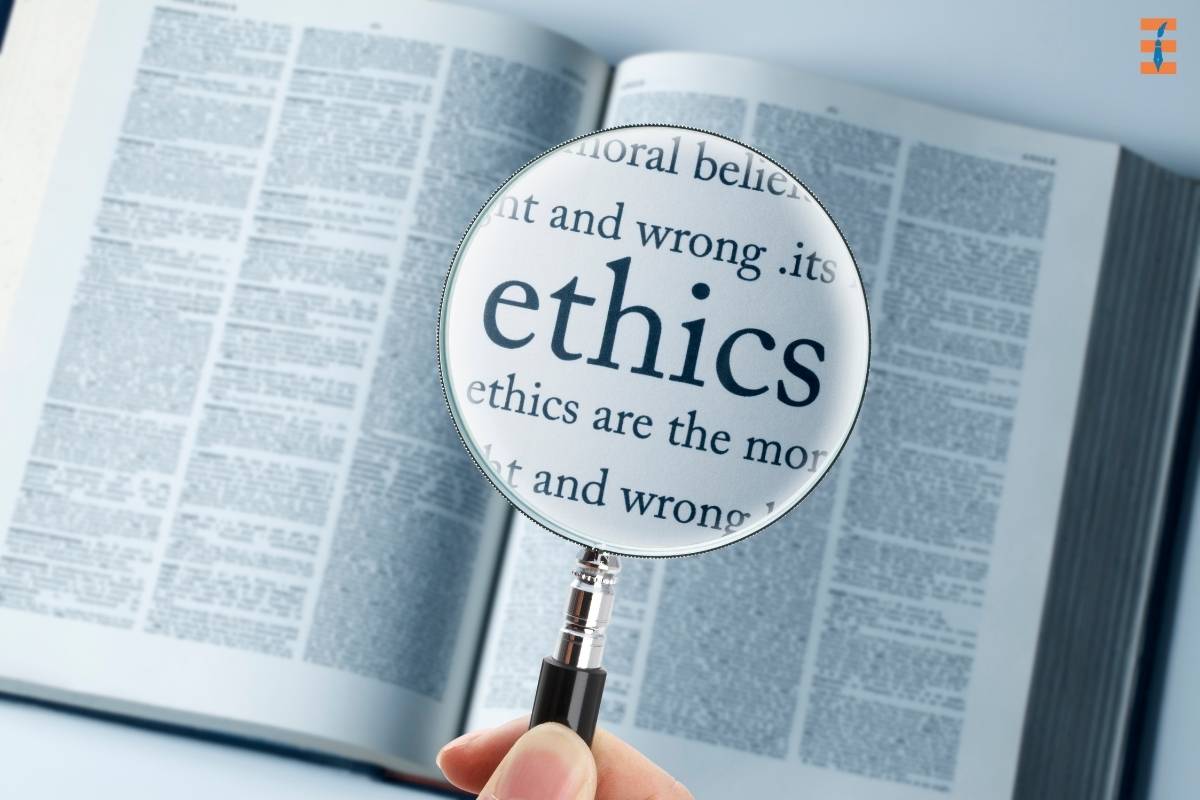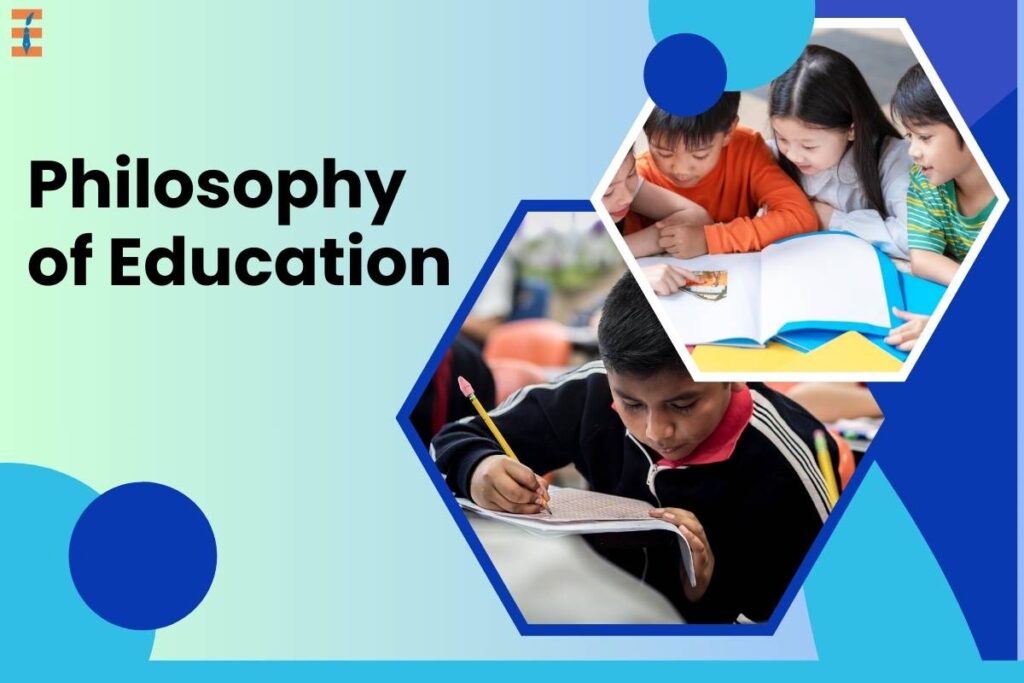Philosophy of education delves into the fundamental principles and beliefs that underpin the educational process. It serves as a guiding light, shaping education’s goals, methods, and content. As an interdisciplinary field, it draws from philosophy, psychology, sociology, and pedagogy to ponder questions about the nature of knowledge, the purpose of education, and the role of educators. In this discourse, we embark on a journey to unravel the essence of the philosophy of education, exploring its various dimensions and implications.
Understanding the Essence:
At its core, the philosophy of education seeks to address profound inquiries concerning the nature of learning and teaching. It grapples with questions such as: What is the purpose of education? What constitutes knowledge? How do individuals learn? These inquiries serve as the cornerstone for developing educational theories and practices.
Purpose of Education:

One of the central themes in the philosophy of education is the purpose or aims of education. Different philosophical perspectives offer diverse answers to this question. For instance, proponents of essentialism argue for a traditional, content-focused approach aimed at transmitting cultural heritage and essential knowledge to successive generations. In contrast, progressivism advocates for a student-centered approach that emphasizes experiential learning and the development of critical thinking skills.
Epistemology and Learning:
Epistemology, the branch of philosophy concerned with the nature of knowledge, holds significant relevance in the philosophy of education. Various theories of learning, such as behaviorism, cognitivism, and constructivism, are grounded in different epistemological assumptions. Behaviorists view learning as a process of stimulus-response associations, while cognitivists focus on mental processes like memory and problem-solving. Constructivists posit that learners actively construct knowledge through interactions with their environment.
Role of Educators:
The philosophy of education also contemplates the role of educators in facilitating learning. Are they mere disseminators of information, or should they adopt a more facilitative and transformative approach? Philosophers like John Dewey advocate for educators as facilitators who guide students in actively constructing their understanding of the world. Paulo Freire extends this notion, emphasizing the educator’s role in fostering critical consciousness and empowering learners to challenge oppressive structures.
Ethical Dimensions:
Ethical considerations permeate the philosophy of education, influencing decisions about curriculum content, pedagogical methods, and educational policies. Questions about what knowledge is worth teaching, how to address diversity and inclusivity, and the distribution of educational resources all have ethical implications. For instance, the debate over multicultural education raises questions about whose perspectives are privileged in the curriculum and how to promote respect for diverse cultural identities.
Cultural and Societal Context:
The philosophy of education cannot be divorced from its cultural and societal context. Educational philosophies vary across cultures and historical periods, reflecting different values, beliefs, and priorities. For instance, Confucian education emphasizes moral cultivation and filial piety, while Western education tends to prioritize individualism and critical inquiry. Moreover, societal changes, such as advances in technology and globalization, continually shape educational practices and goals.
Critical Reflection and Continuous Improvement:

Philosophy of education encourages critical reflection on existing educational practices and systems. Educators and policymakers are urged to interrogate the underlying assumptions and values that inform their decisions. By engaging in reflective practice, stakeholders can identify areas for improvement and innovation, fostering a culture of continuous learning and development.
Challenges and Controversies:
Despite its profound insights, the philosophy of education grapples with various challenges and controversies. Debates rage over issues such as standardized testing, privatization of education, and the commercialization of knowledge. Moreover, competing philosophical perspectives often lead to tensions between different educational stakeholders, complicating efforts to enact meaningful reforms.
Standardized testing, for instance, is a contentious topic that pits proponents of accountability and measurement against those who advocate for more holistic and authentic forms of assessment. Critics argue that standardized tests prioritize rote memorization over critical thinking and fail to capture the complexities of student learning. Furthermore, they argue that such tests perpetuate inequities by disadvantaging marginalized students who may not have access to the resources needed to excel on these exams.
Privatization of education is another area of concern within the philosophy of education. The rise of charter schools, voucher programs, and for-profit educational institutions has sparked debates about the role of the state in providing equitable and high-quality education. Proponents argue that privatization fosters competition and innovation, leading to improved outcomes for students. However, critics caution that it can exacerbate existing inequalities by diverting resources away from public schools and catering to the interests of affluent families.
The commercialization of knowledge is also a growing concern in the philosophy of education. With the proliferation of educational technology platforms, publishing companies, and online learning courses, education has become increasingly commodified. This trend raises questions about the ethics of selling educational products and services, as well as the implications for academic freedom and intellectual property rights.
Navigating these challenges requires a nuanced understanding of the philosophical underpinnings of education and a commitment to ethical decision-making. Educators, policymakers, and stakeholders must engage in critical dialogue and reflection to address these issues responsibly.
Future Directions:

As we look to the future, the philosophy of education will continue to evolve in response to emerging societal trends and educational innovations. One promising direction is the integration of interdisciplinary perspectives into educational practice and research. By drawing on insights from fields such as neuroscience, sociology, and environmental studies, educators can develop more holistic and responsive approaches to teaching and learning.
Furthermore, there is a growing recognition of the importance of global citizenship education in an increasingly interconnected world. Educators are exploring ways to foster students’ understanding of global issues, promote intercultural competence, and cultivate a sense of responsibility towards the planet and its inhabitants.
Additionally, there is a renewed emphasis on education for social justice and equity. In light of persistent inequalities based on race, gender, socioeconomic status, and other factors, there is a pressing need to address systemic injustices within educational systems. This requires a commitment to dismantling barriers to access and opportunity, fostering inclusive learning environments, and empowering marginalized voices.
Conclusion:
In conclusion, the philosophy of education remains a vibrant and dynamic field that continues to shape educational theory, policy, and practice. By grappling with questions about the purpose of education, the nature of learning, and the role of educators, it offers valuable insights into how to create more equitable, meaningful, and transformative educational experiences for all learners. As we confront the challenges of the 21st century, a deep understanding of the philosophical foundations of education will be essential for navigating uncertain terrain and realizing the full potential of education to enrich lives and empower communities.
Also Read: Crafting Creativity: The Power and Promise of Maker Education










